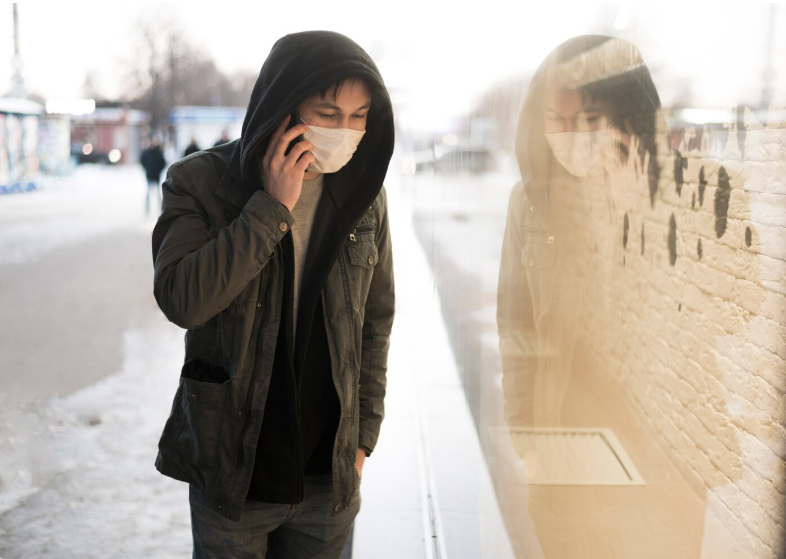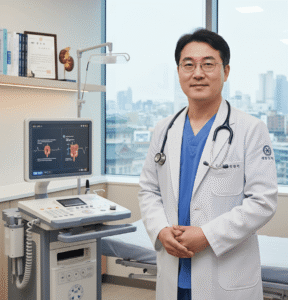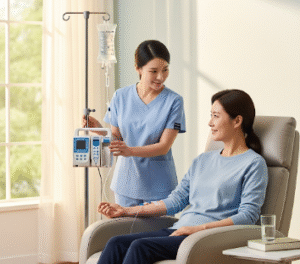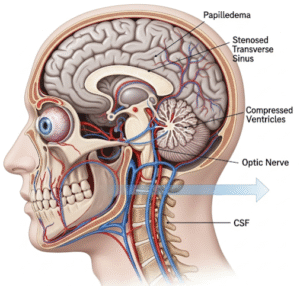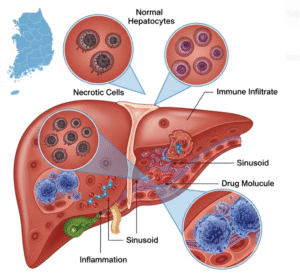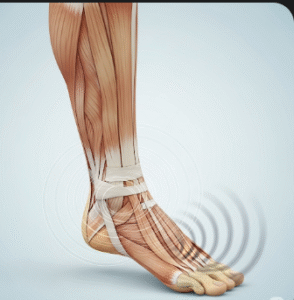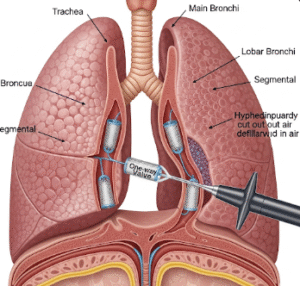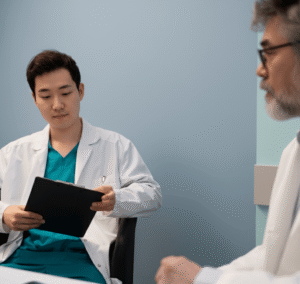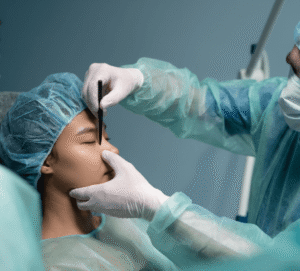Overview
Delusional disorder is a psychiatric condition characterized by persistent false beliefs that are not in line with reality. Unlike other psychotic disorders, individuals with delusional disorder generally maintain normal daily functioning outside the scope of their delusions. In Korea, psychiatric hospitals and clinics, including Seoul National University Hospital, Asan Medical Center, and Samsung Medical Center, offer diagnosis, therapy, and medication management for this disorder.
What is Delusional Disorder?
Delusional disorder involves the presence of one or more delusions lasting at least one month. The delusions are typically non-bizarre, meaning they involve situations that could occur in real life (e.g., being followed, poisoned, or conspired against). Patients usually function normally outside their delusional beliefs, making early recognition challenging.
Symptoms
- Persistent false beliefs despite evidence to the contrary
- Suspicion or paranoia (persecutory delusions)
- Beliefs of being loved or desired by someone (erotomanic delusions)
- Feelings of bodily dysfunction or infestation (somatic delusions)
- Jealousy concerning a partner’s fidelity
- Irritability, anger, or agitation related to delusions
- Social withdrawal due to fear or mistrust
Causes
- Genetic predisposition and family history of psychotic disorders
- Neurobiological changes in the brain affecting perception and judgment
- Chronic stress or traumatic life events
- Certain medical conditions affecting brain function
- Substance use, including stimulants or alcohol, which may exacerbate symptoms
Risk Factors
- Family history of psychotic disorders
- Middle to late adulthood (common onset between ages 40–60)
- Chronic stress or social isolation
- Previous psychiatric conditions or mood disorders
- Substance abuse
Complications
- Social isolation or interpersonal conflicts
- Occupational or functional impairment
- Legal or financial difficulties due to delusional actions
- Depression or anxiety secondary to chronic delusions
- Risk of aggression in persecutory delusions
Prevention
- Early identification and treatment of psychiatric symptoms
- Stress management and support networks
- Avoidance of substance abuse
- Family education on recognizing early warning signs
- Prompt psychiatric evaluation when delusional thinking emerges
Treatment Options in Korea
Treatment combines pharmacotherapy, psychotherapy, and supportive interventions.
- Diagnosis
- Psychiatric evaluation and clinical interviews
- Assessment of delusional themes and duration
- Rule out medical or neurological conditions mimicking psychosis
- Psychological testing if needed
- Medical Treatments
- Antipsychotic medications such as risperidone, olanzapine, or aripiprazole
- Short-term use of anxiolytics or antidepressants for associated symptoms
- Medication adherence monitoring by psychiatrists
- Therapy and Supportive Care
- Cognitive-behavioral therapy (CBT) for managing delusional beliefs
- Family therapy to improve understanding and support
- Psychoeducation about coping strategies
- Social skills training and community support
- Specialized Hospitals in Korea
- Seoul National University Hospital – Psychiatric and psychotherapeutic care
- Asan Medical Center – Integrated mental health services
- Samsung Medical Center – Advanced psychiatric evaluation and treatment
- Regional mental health centers for outpatient follow-up
- Long-Term Follow-Up
- Regular psychiatric appointments to monitor symptom progression
- Continuous medication management and adjustment
- Support for reintegration into work and social activities
- Education for family members on crisis intervention and management

